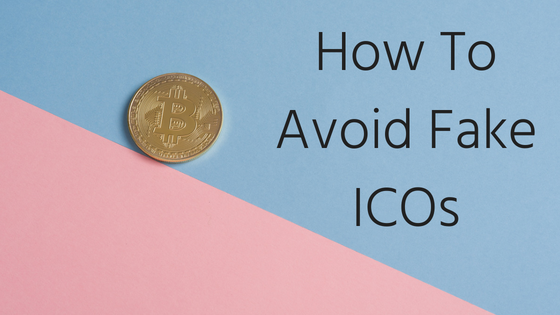
It’s hard to avoid hearing about cryptocurrencies these days. Amazing return for Bitcoin, Ethereum, Litecoin, and many others tantalize professional and amateur investors alike. Bitcoin’s meteoric rise captured the public’s imagination. Less famously, Ethereum rose from just $8 at the start of 2017 to near $700 in March 2018. Such returns are an investor’s dream come true.
With all the publicity, many firms have turned to initial coin offerings (ICOs) to raise capital. ICOs are like cryptocurrencies, but they are issued by private companies in the same way startup corporations issue stock. The concept of the ICO is simple. Investors get a piece of the company by buying the coins the company issues. Theoretically, if the company is successful, the coin appreciates in value. In this way, ICOs work much like traditional initial public offerings of stock.
Except stocks are highly regulated. ICOs are more of a wild west type of investment. That being the case, many are cautious about ICOs. Due diligence is just as important, if not more important, in selecting an ICO as it is in picking a stock.
How to avoid scams
As a wild west investment, scams are out there. Fake ICOs have popped up. As Cryptocompare explains, there are several ways to spot a fake.
Be on the lookout for ICOs touting unrealistic expectations. An ICO that promises to fix global warming is a scam, as are ones that offer out-of-this-world price predictions. Also, be wary of any ICO promoters who use a salad of buzzwords that offer no substance. Also, any legitimate ICO will provide a detailed white paper. If the white paper is just a rehash of buzzwords and unrealistic expectations, you can bet you are looking at a fake ICO.
Email scams
Darryn Pollock warns against phony emails purporting to be from crypto wallet providers. These emails attempt to entice users into providing their private keys, allowing the scammers to steal their cryptocurrency.
Look out for phony profiles
ICO investor Ankit Kumar recommends checking on the profiles of the ICO’s founders and advisers. Often, scam ICOs will put up fake names and fake biographies. Check these names against all the research tools at your disposal, such as LinkedIn, Facebook, Twitter, and Instagram. Are these real people? If they are, you should be able to cross reference them.
valuable info